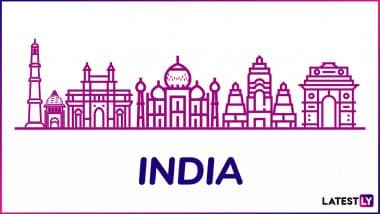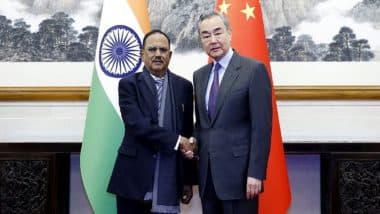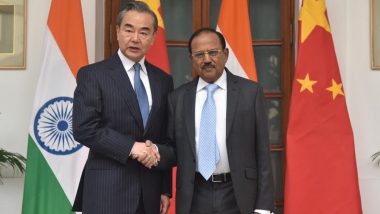Jammu (Jammu and Kashmir) [India], Apr 7 (ANI): Jammu Divisional Commissioner Sanjeev Verma on Saturday said that the decision to allow movement of convoys of security forces only two days of every week was taken to ensure the safe passage of troops passing through vulnerable areas near Jammu-Srinagar National Highway."Civilian traffic on Jammu-Srinagar highway will be restricted on Sundays and Wednesdays of every week. Medical emergency vehicles will be exempted from this order. The main purpose is to ensure that the security forces are given safe passage so that their movement is faster and secure. District magistrates, SHOs, SDMs, and tehsildars have been deployed so that people can approach them if they require assistance," Verma told ANI.Asked on people using the highway during the affected days in times of emergency, Verma informed that passes would be issued subject to verification and establishment of the credential of purpose."To avoid incidents like Pulwama and Banihal, the highway has been sanitised to ensure safe and secure passage of security forces so that they can reach their destination safely. Troops will be going up and down for deployment during elections or other assignments. So, keeping this in mind, this has been done," he said.There will be a "complete ban" on civilian traffic on most parts of the 300-km long Jammu-Srinagar National Highway on Sundays and Wednesdays from 4 am to 5 pm. These restrictions would remain in force till May 31, 2019, a press release issued by Jammu and Kashmir administration said.The state administration said the decision has been taken in view of the possibility of a terror attack on security forces' convoys during their movement for the ensuing Lok Sabha elections.The prohibition on movement of civilian traffic on these two days of each week would be from Baramulla through Srinagar, Qazigund, Jawahar-Tunnel, Banihal, and Ramban till Udhampur, the statement said.Echoing similar sentiments, Bhim Singh Tuti, DIG, Udhampur-Ramban range urged the public to cooperate with the administration when the restrictions are in effect."Prohibitory orders have been imposed in Ramban and Udhampur districts. An adequate number of personnel has been deployed. We urge the public to cooperate with us. Plying of two-way traffic is difficult. At some places, landslides are frequent, which increases the vulnerability of the troops. After the Banihal incident, this decision has been taken," he said. In the event of any requirement for local traffic movement for any emergency or for other purposes, the local administration and police would evolve necessary procedures for this as is done during curfew days.The restrictions comes after a CRPF convoy, on its way from Jammu and Srinagar, was attacked by a suicide car bomber on the National Highway in Pulwama district, killing 40 personnel on February 14. Jaish-e-Mohammad (JeM) had claimed responsibility for the attack.Subsequently, Union Home Minister Rajnath Singh, during his visit to Kashmir, had announced that no civilian traffic movement would be allowed during the convoy days.On March 30, there was a possible 'fidayeen' (suicide) attack on another security force convoy at Banihal when an attempt was made to trigger an explosive-laden vehicle. (ANI)
(This is an unedited and auto-generated story from Syndicated News feed, LatestLY Staff may not have modified or edited the content body)







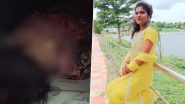


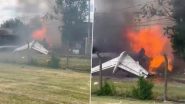
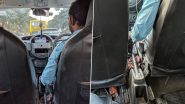

 Quickly
Quickly








